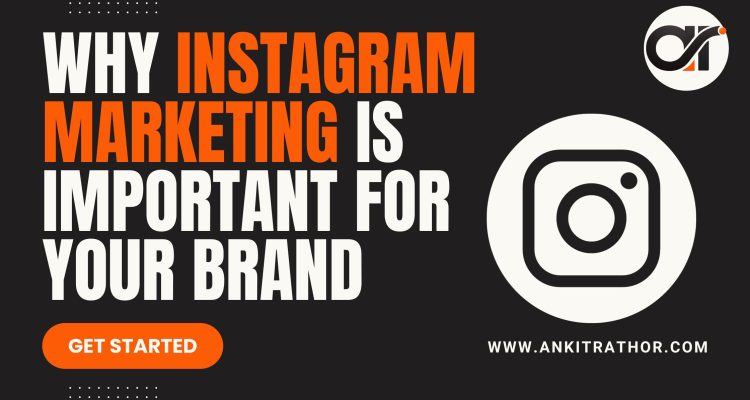In today’s digital age, businesses are increasingly turning to digital marketing to reach and engage with their target audiences. Digital marketing has become a key component of a successful marketing strategy due to its ability to reach a wider audience, target specific demographics, and measure the effectiveness of marketing campaigns in real-time. In this article, we will explore the who, what, why, and how of digital marketing, and provide insights and tips for businesses looking to leverage digital marketing to reach their marketing goals.
What is digital marketing?
Digital marketing is a form of marketing that utilizes digital channels to promote products and services to target audiences. Unlike traditional marketing, which relies on offline channels such as billboards, print ads, and TV commercials, digital marketing is focused on online channels such as search engines, social media, email, and websites. Some examples of digital marketing tactics include search engine optimization (SEO), pay-per-click (PPC) advertising, social media marketing (SMM), content marketing, and email marketing.

Why is digital marketing important?
Digital marketing offers a range of benefits for businesses, including increased brand awareness, improved customer engagement, and the ability to measure the effectiveness of marketing campaigns in real-time. It can help businesses reach their target audience more effectively by targeting specific demographics and interests. According to a study by eMarketer, global digital ad spending is expected to reach $389 billion in 2021, highlighting the importance of digital marketing in today’s business landscape.
Types of digital marketing
There are several types of digital marketing, each with its own unique benefits and strategies. SEO involves optimizing a website to rank higher in search engine results pages, while SEM involves paid search advertising. SMM involves using social media platforms to reach and engage with audiences, while content marketing involves creating and sharing valuable content to attract and retain customers. PPC involves paying for clicks on ads displayed in search engine results pages, while affiliate marketing involves promoting products or services in exchange for a commission. Email marketing involves sending promotional emails to a target audience.
What does a digital marketer do?
A digital marketer is responsible for developing and executing digital marketing strategies that help businesses reach their target audience and achieve their marketing goals. They must have a strong understanding of digital marketing channels and tactics, as well as the ability to analyze data and measure the effectiveness of marketing campaigns. Digital marketing job responsibilities may include creating content for social media, developing and implementing email marketing campaigns, optimizing website content for search engines, and analyzing website traffic and engagement metrics.
Inbound marketing vs. digital marketing: Which is it?
Inbound marketing and digital marketing are often used interchangeably, but there are some key differences between the two approaches. Inbound marketing involves creating content that attracts and engages potential customers, while digital marketing involves using a range of online channels to promote products and services. Both approaches have their pros and cons, and businesses can use both to achieve their marketing goals.
Does digital marketing work for all businesses?
While digital marketing can be effective for many businesses, success depends on a variety of factors, including the business’s industry, target audience, and marketing goals. Businesses must carefully evaluate their needs and goals to determine if digital marketing is the right approach for them. However, many businesses have successfully used digital marketing to reach and engage with their target audience, demonstrating its potential for success.
How to do digital marketing
To create a successful digital marketing strategy, businesses must first identify their marketing goals and target audience. They can then select the appropriate digital marketing tactics, such as SEO, SMM, or PPC advertising, and create content that resonates with their target audience. Measuring and analyzing the effectiveness of marketing campaigns is also crucial, allowing businesses to make data-driven decisions and optimize their marketing efforts over time.
Conclusion
digital marketing is a vital component of any successful marketing strategy, providing businesses with a way to reach and engage with their target audiences through a variety of online channels. By following the tips and insights provided in this article, businesses can start using digital marketing to achieve their marketing goals and grow their online presence.


